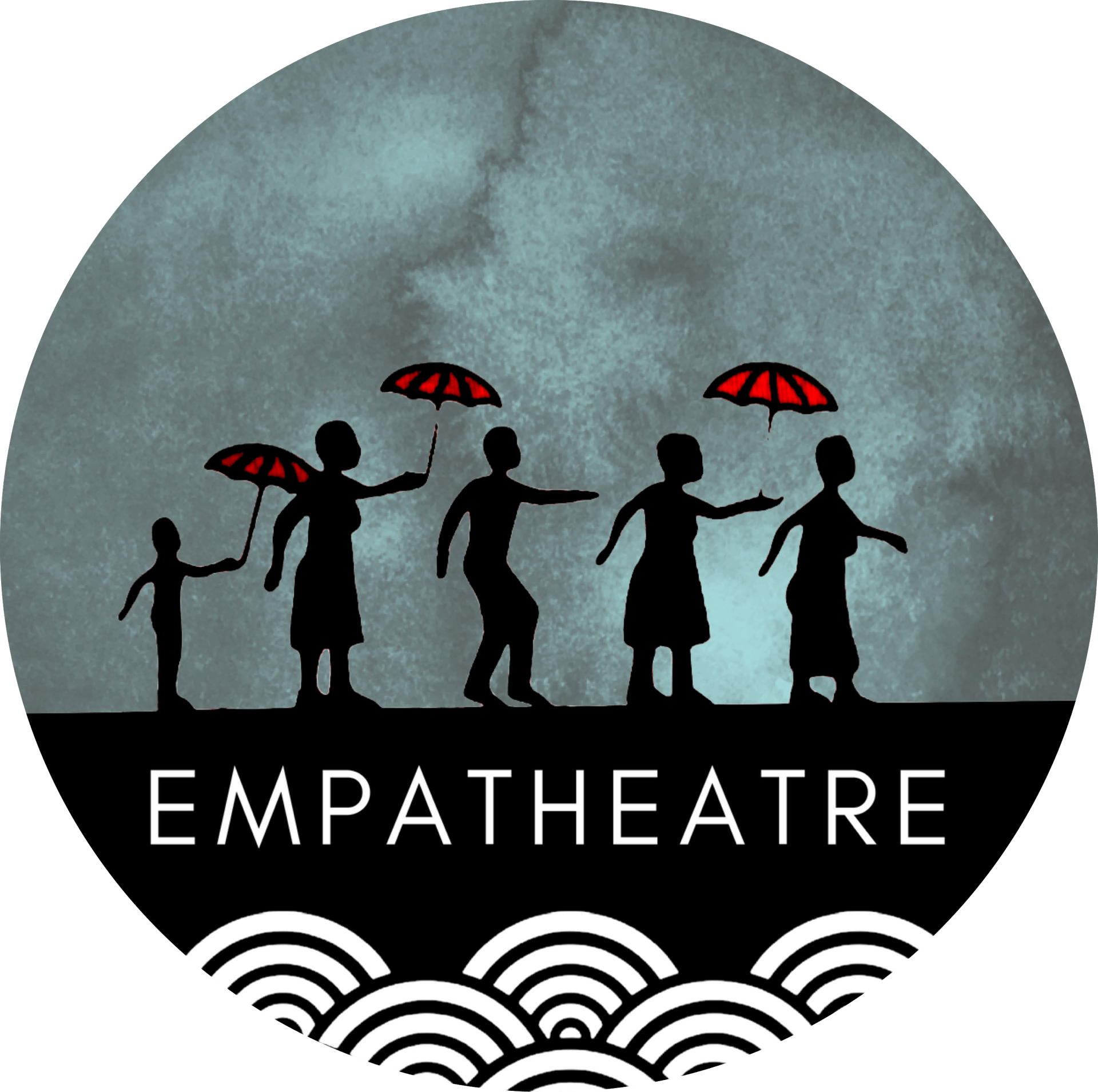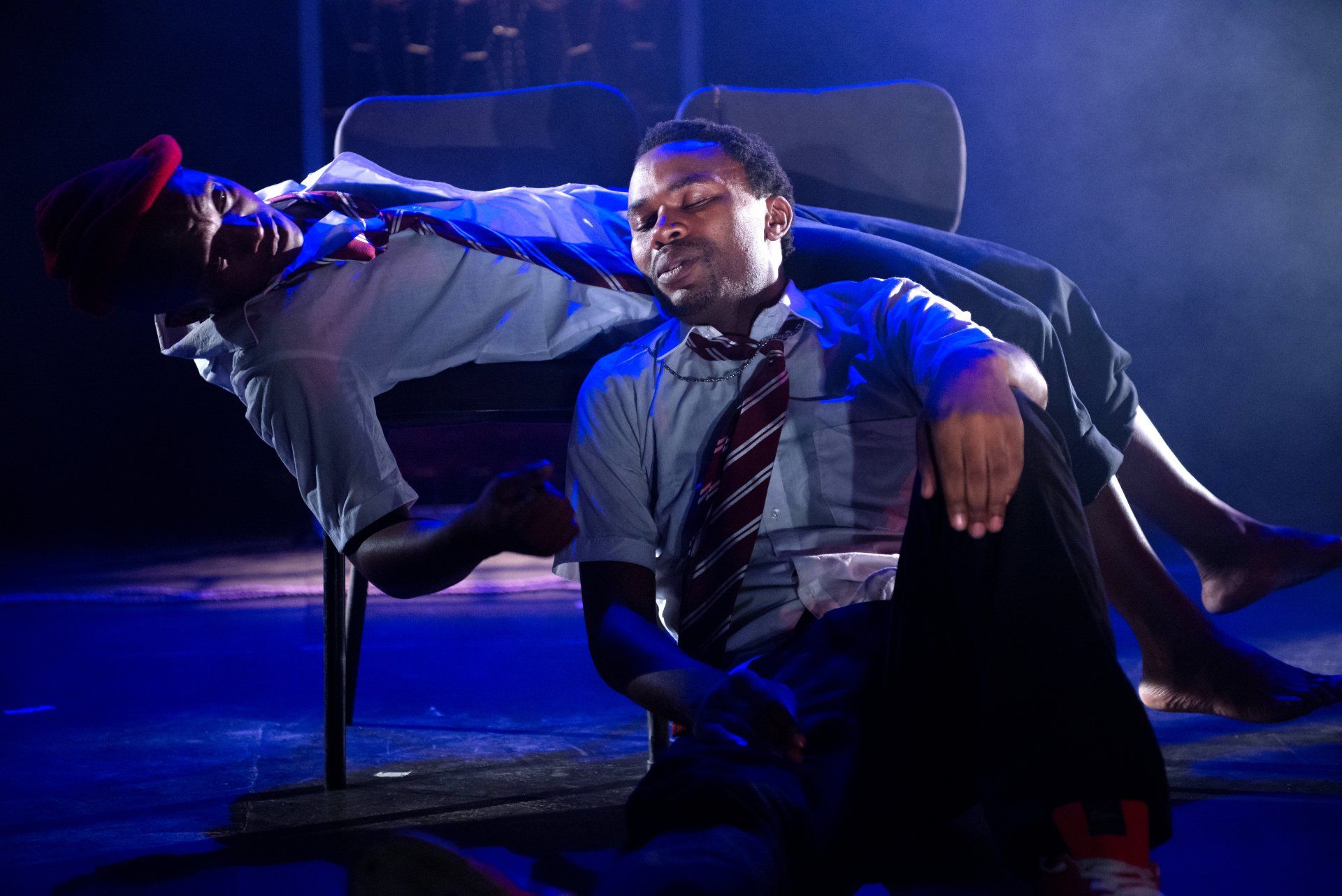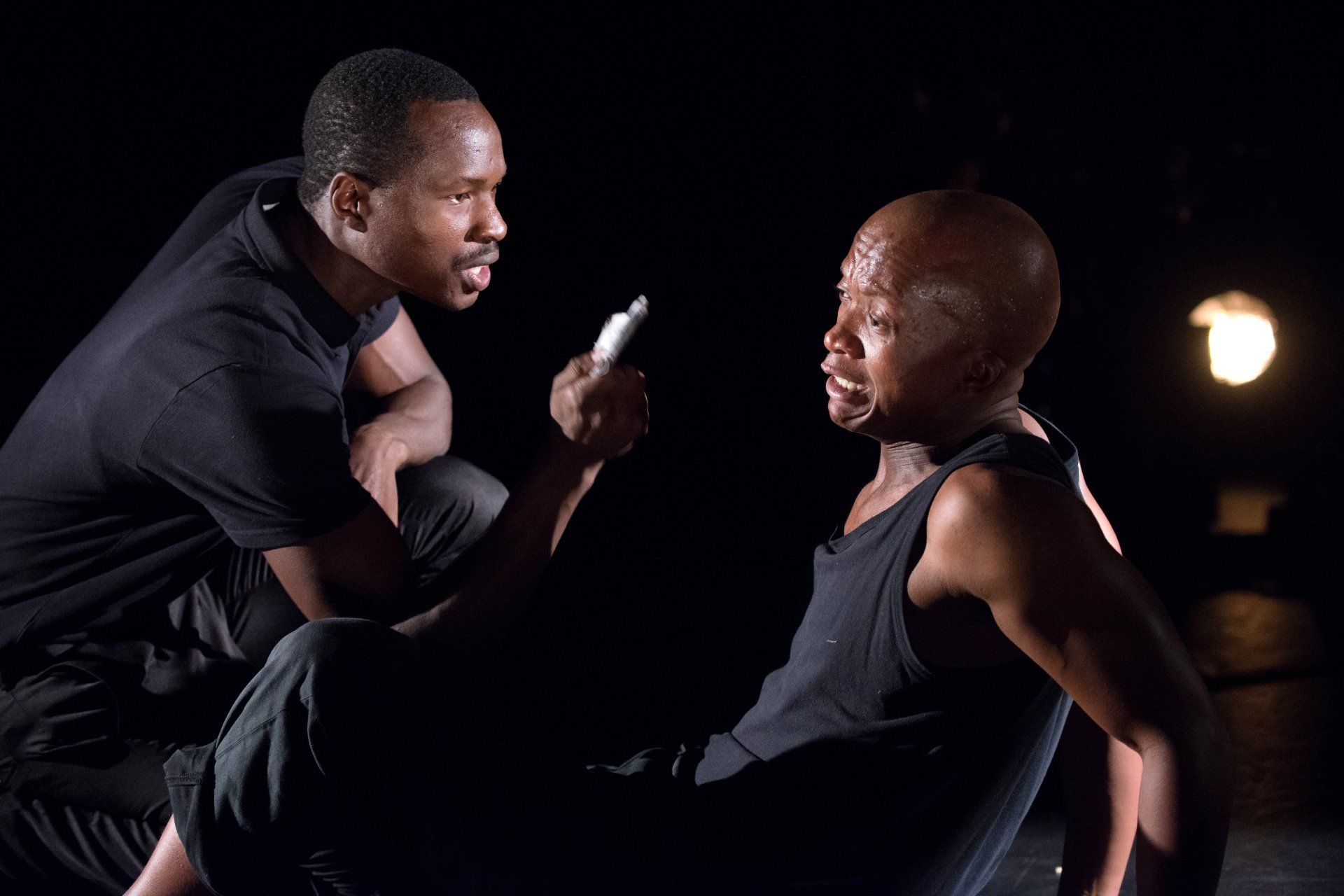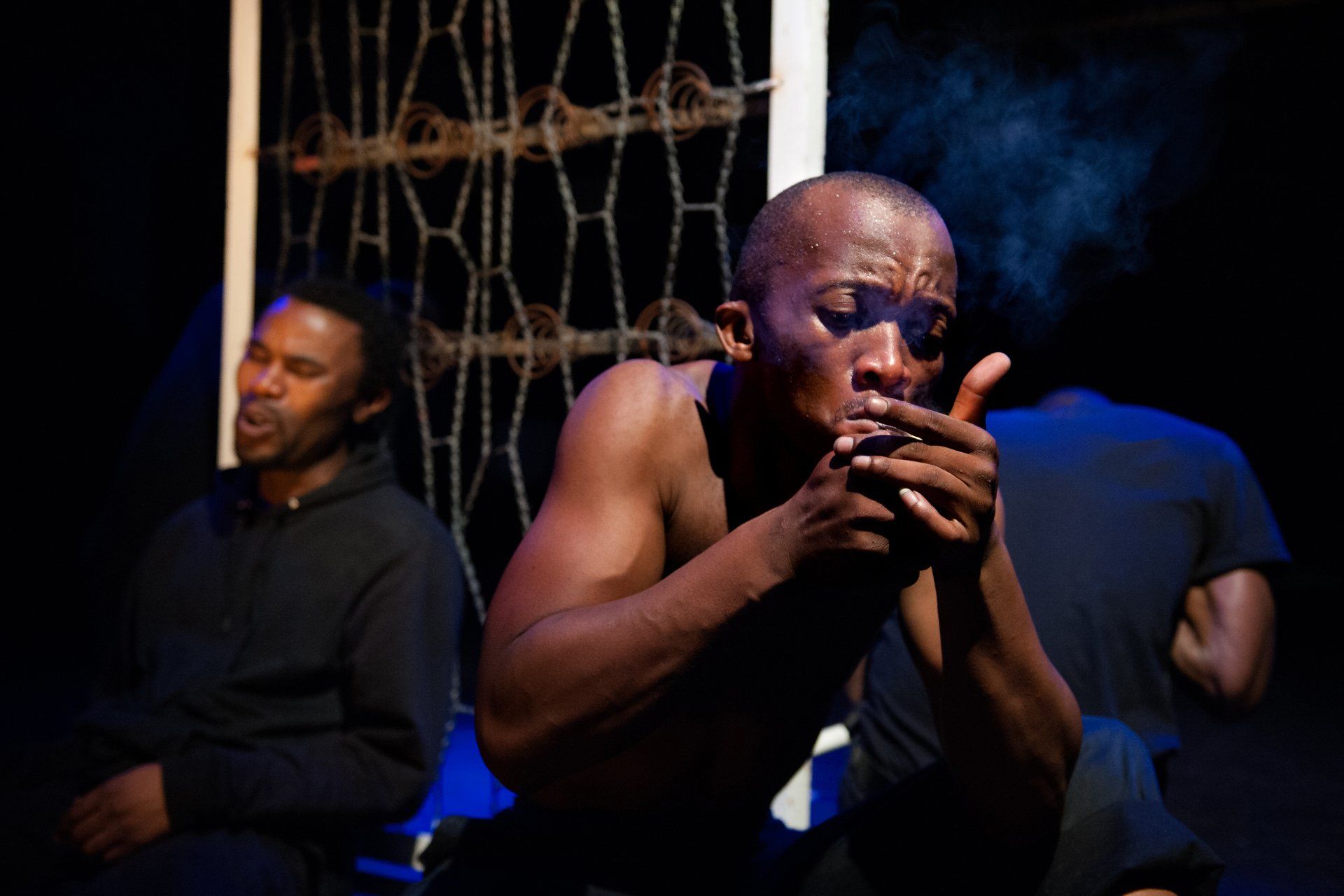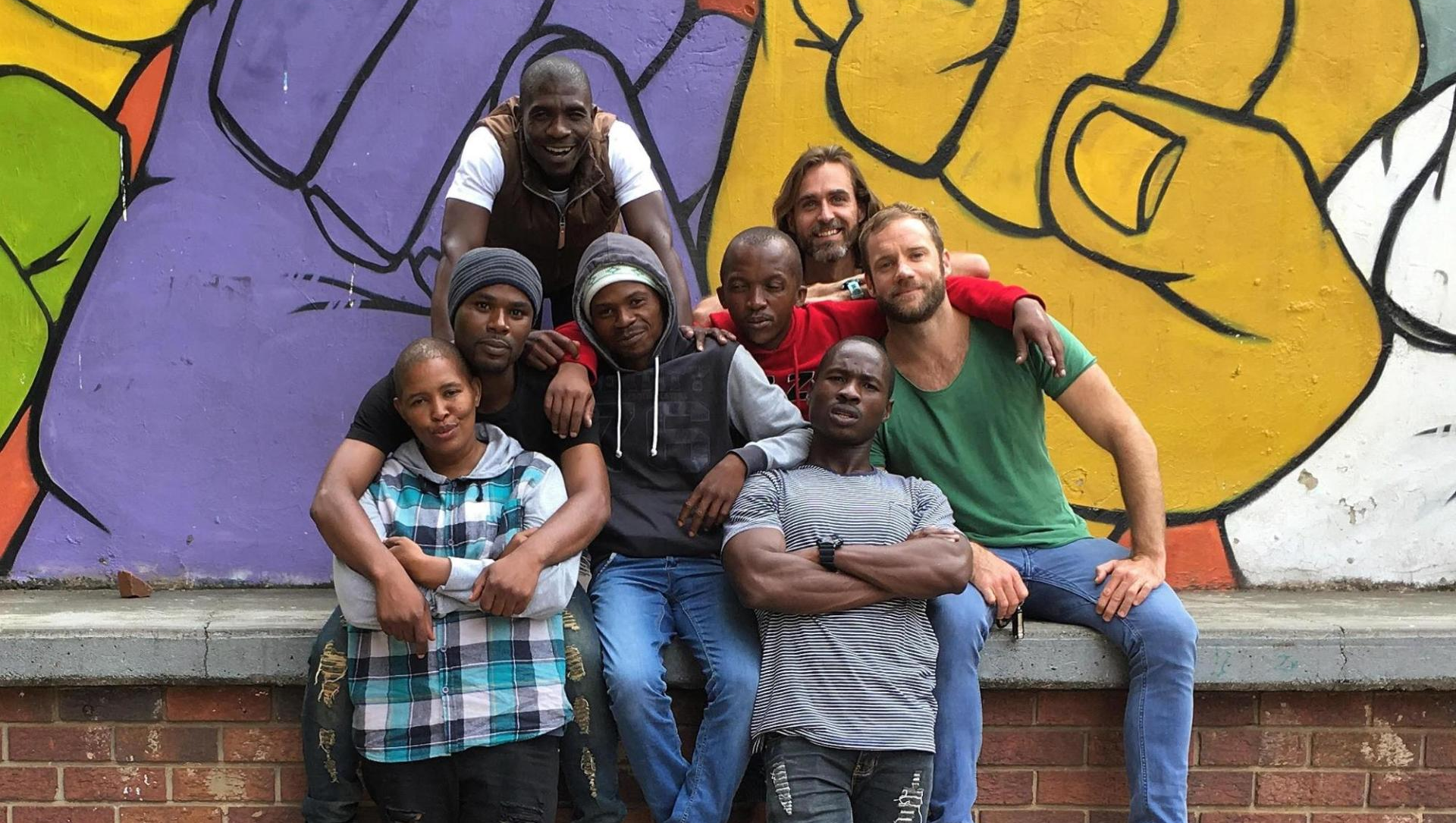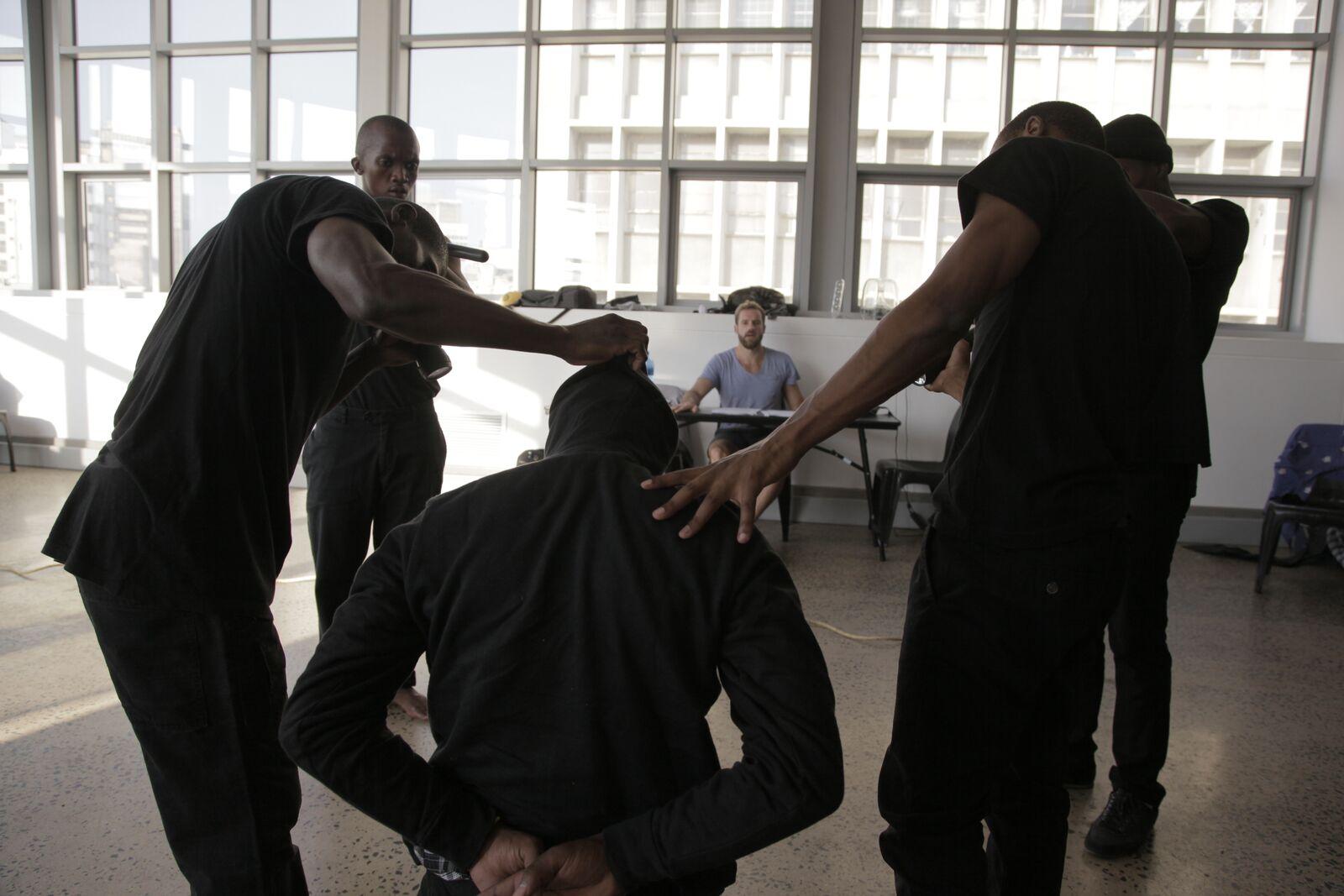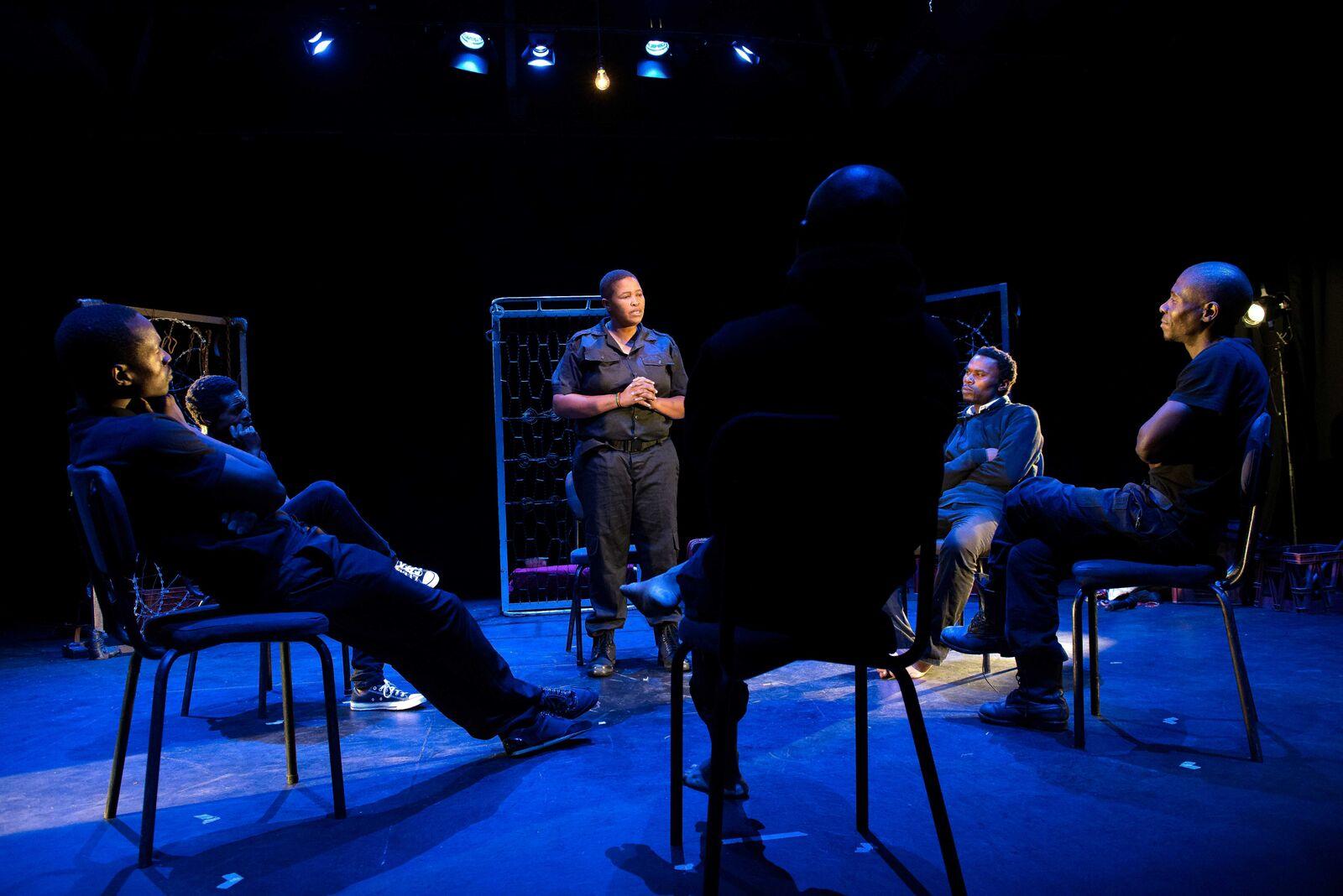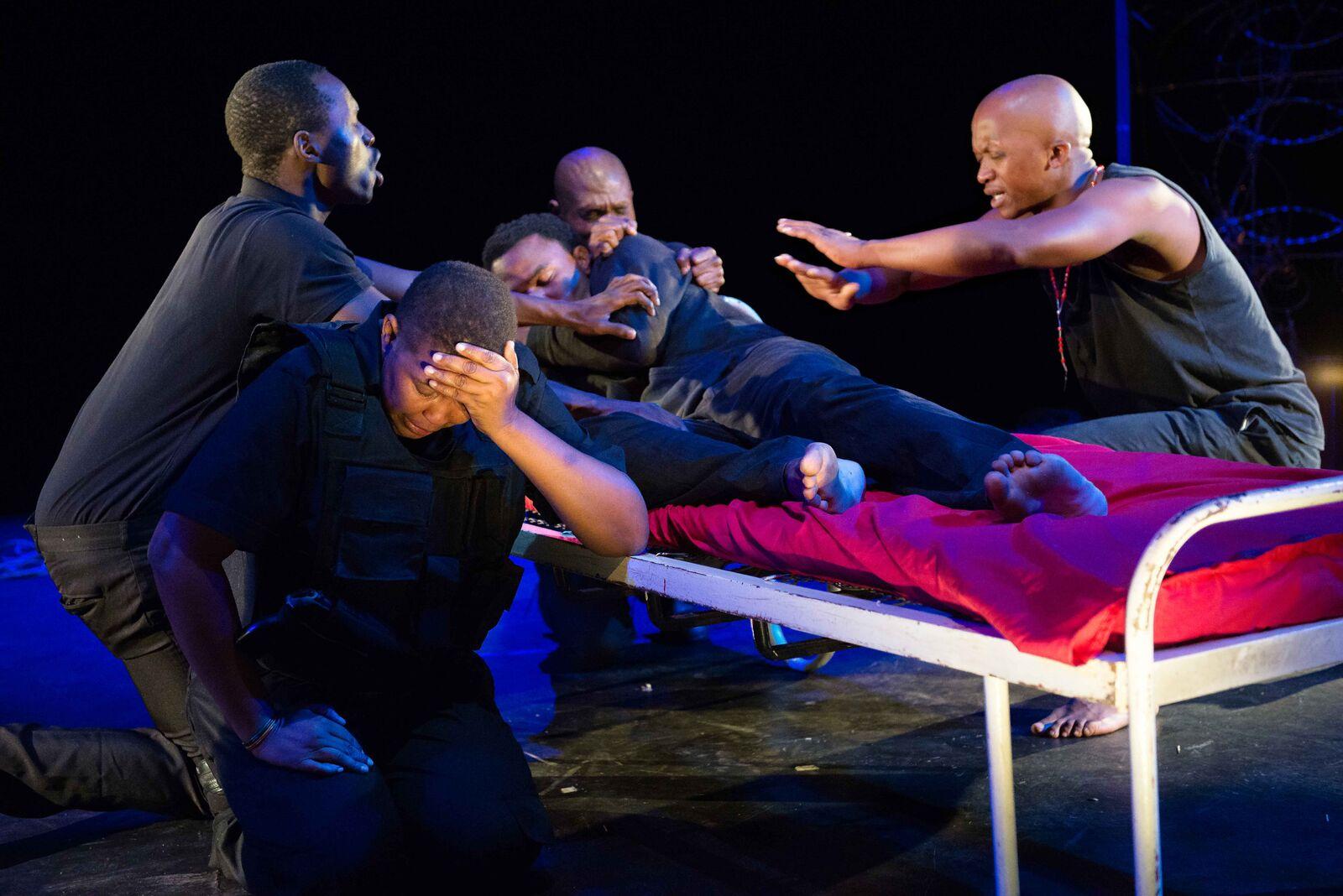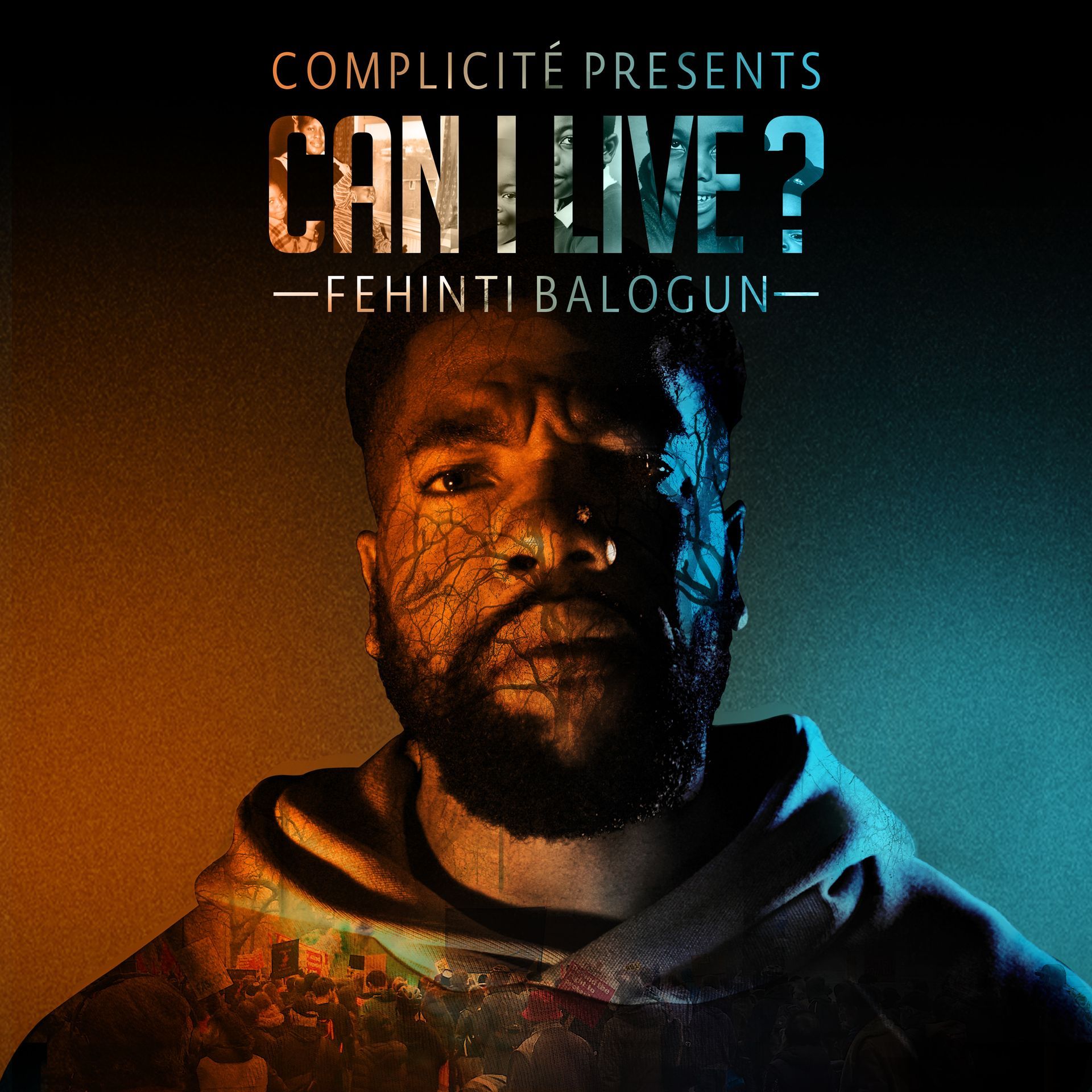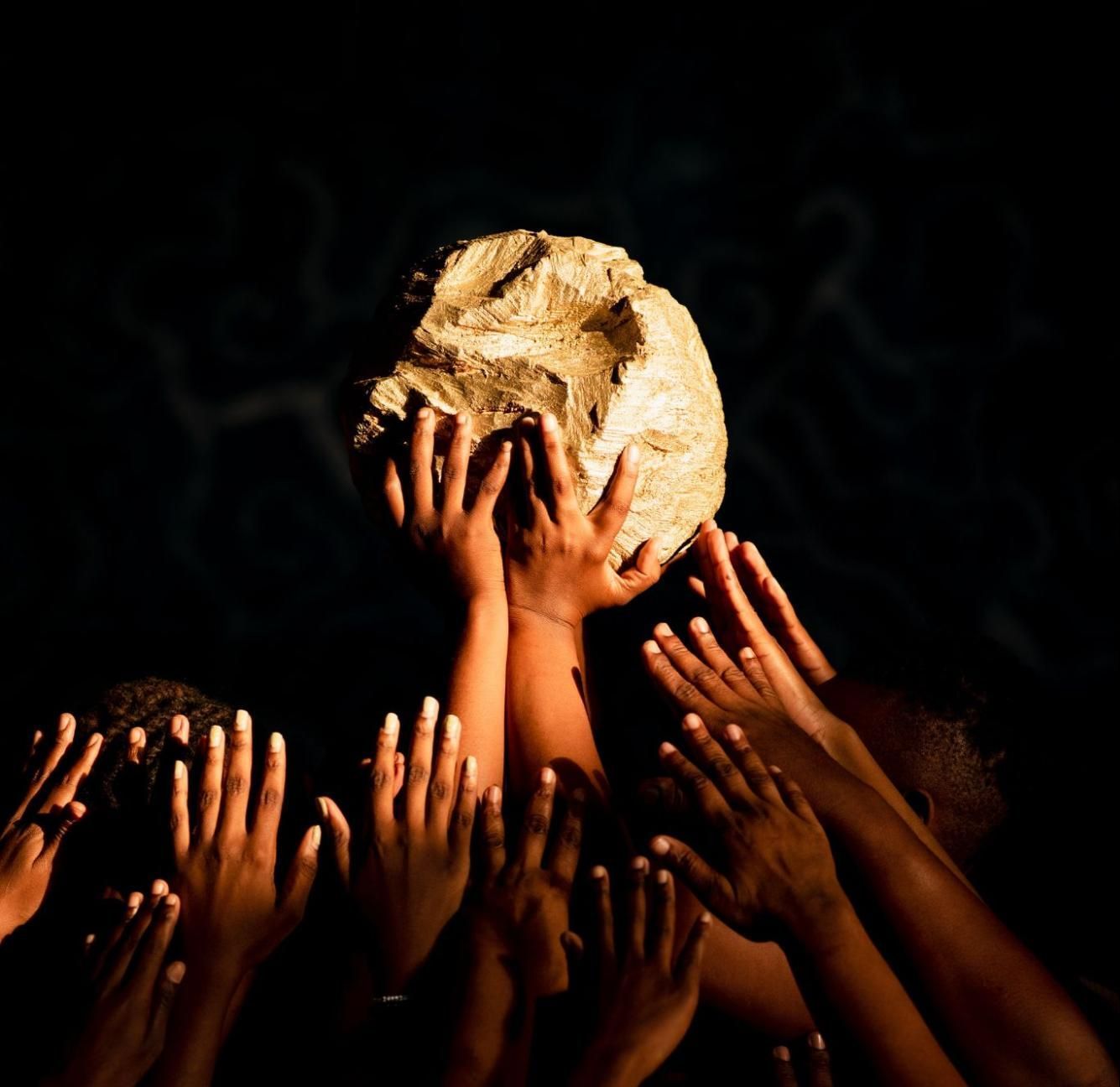Spotlight on Big Brotherhood Productions
Kwa-Mashu Based theatre company The Big Brotherhood were integral to devising and performing in the Empatheatre production Ulwembu.
At the time of writing this profile on the company, The Big Brotherhood consisted of members: Ngcebo Cele, Vumani Khumalo, Zenzo Msomi, Phumlani Ngubane and Sandile Nxumalo. One of the first projects which the Big Brothers collaborated on was titled Crime Busters (2005), a theatre production which focused on the consequences of committing crime.
The earliest incarnation of Crime Busters, was described by the actors as more of a workshopped sketch than a fully developed play. Owing to the fact that some of the actors had spent time in prison, they were able to draw from a range of personal experiences and reflect on their own lived experiences in the play. The project was later redeveloped under the new name of Just Don’t, Wrong Choice (2006), with the assistance of director Edmund Mhlongo and relied on the team improvising and refining scenarios during the rehearsal process. In this phase, a more traditional three-act structure was introduced, and the story now followed the journey of a teenage school boy sentenced to jail for stealing a cell phone. The production would experience a further iteration as part of the Playhouse Community Camp under the guidance of theatre-maker Chris Hurst who assisted the group in reshuffling scenes and clarifying some of the story-telling aspects.
Just Don’t went on to tour schools across KZN and to this day, is considered the collectives most popular and widely seen pieces. After the success of Just Don’t, the members of the group approached the Netherlands funded Twist Theatre Production Projects to help them establish and register their organization, and thus Big Brotherhood Productions was born. The first play the Brothers created under this moniker, was a Twist Theatre Development commission titled Camp 13, which focused on the disillusionment of the ANC’s forgotten Umkhonto we Sizwe veterans.
The group claim that the piece grew from a mutual interest they had around the older men of their community, who they would encounter in KwaMashu, B-section, drinking alcohol and complaining bitterly about the state of the nation. The intention behind the Brother’s research was to ascertain why these former revolutionary soldiers had felt so betrayed by the present day government. Their research process entailed interviewing a range of MK veterans before delivering transcripts to an appointed mentor/playwright David Stein, who would set about transforming the transcribed and translated data into a rehearsal script. Owing to the fact that Camp 13 was openly critical of the ANC government, the Big Brotherhood performers recall that a variety of industry players cautioned them of the impact such politicized work may have on future funding opportunities from Government affiliated arts organizations. Ngcebo Cele claims that while the group were concerned about political repercussions, they remained resolute in their mission to tell the mens’ stories. While the subject matter may have been deemed controversial and risky, Camp 13 resonated deeply with KwaMashu audiences, many of whom felt that their frustrations had been legitimized and honoured on a public platform.
Following on from Camp 13, The Big Brotherhood created (with support by TWIST and in collaboration with Neil Coppen as a writing mentor and Edmund Mhlongo as director) a production titled A Bull Called Bahlangane. The production was the groups way of trying to make sense of the many political conflicts occurring within their community and the country at large. For A Bull Called Bahlangane, the Brothers and Coppen, contrived an allegorical fable where a respected elderly man in his community passes away and his five adult sons descend on his homestead for the funeral. The father's prized bull named Bahlangane divides the brothers, causing rifts and factions as they argue who is the most deserving benefactor. The brother characters were used as devices to embody conflicting political ideologies. Through the families in-fighting, the brotherhood is gradually torn apart, and ironically it is the youngest son, whose opinions are seldom considered by his elders, who is revealed to harness the greatest insight and wisdom of them all.
In 2014 The Big Brotherhood collaborated with Mpume Mthombeni, Neil Coppen and Dylan McGarry on the making and touring of the award-winning production around street- level drug addiction in Durban titled Ulwembu.
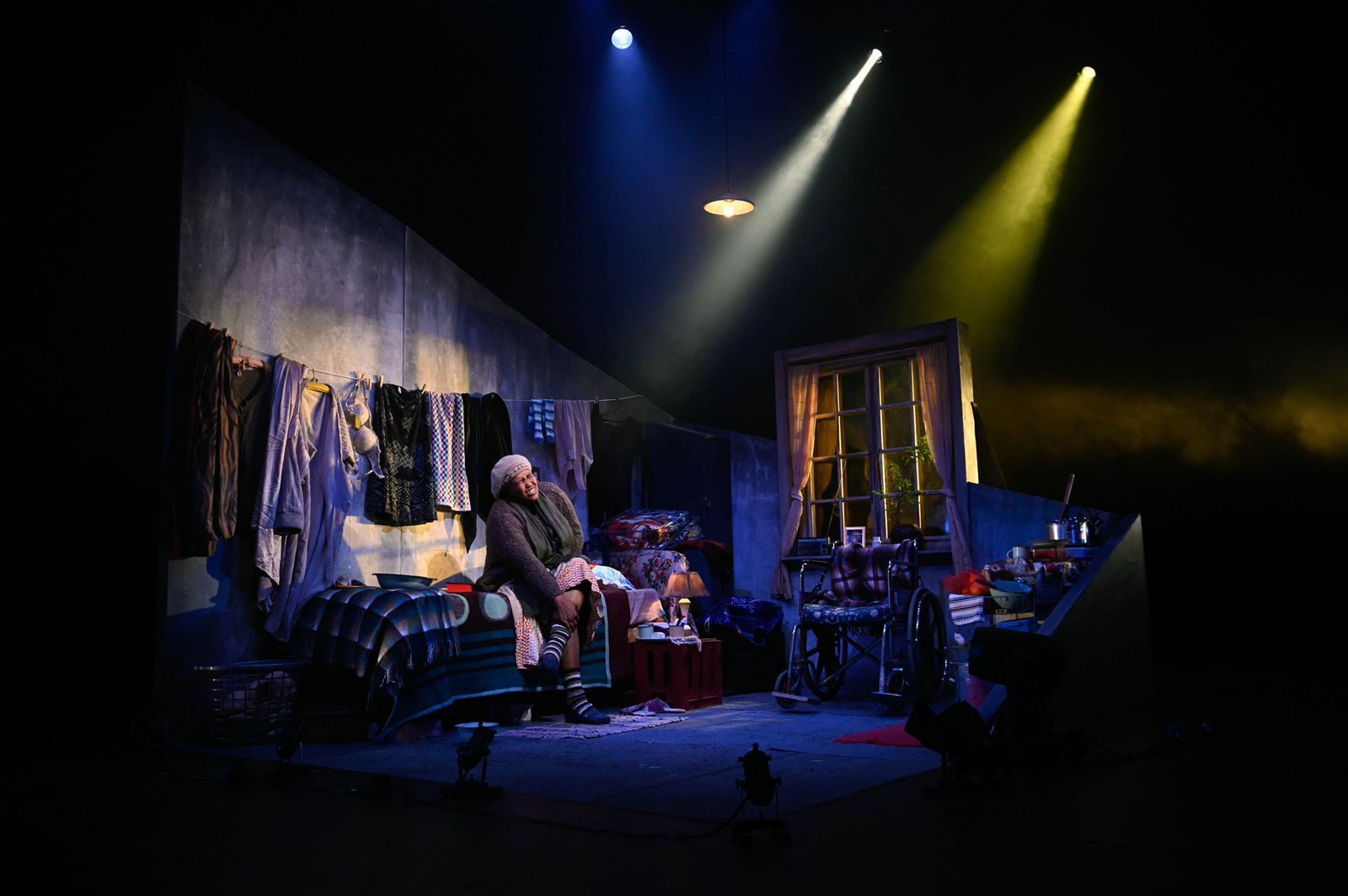
How do we make sense of the violent histories that mark our past? This play, Isidlamlilo, forces us to engage seriously with this question. Depending on your own relationship with our violent history, this play awakens a profound and at times unsettling realization that history is a living breathing force in all our lives. Isidlamlilo is set in the dying days of Apartheid, and in the present democratic South Africa.
